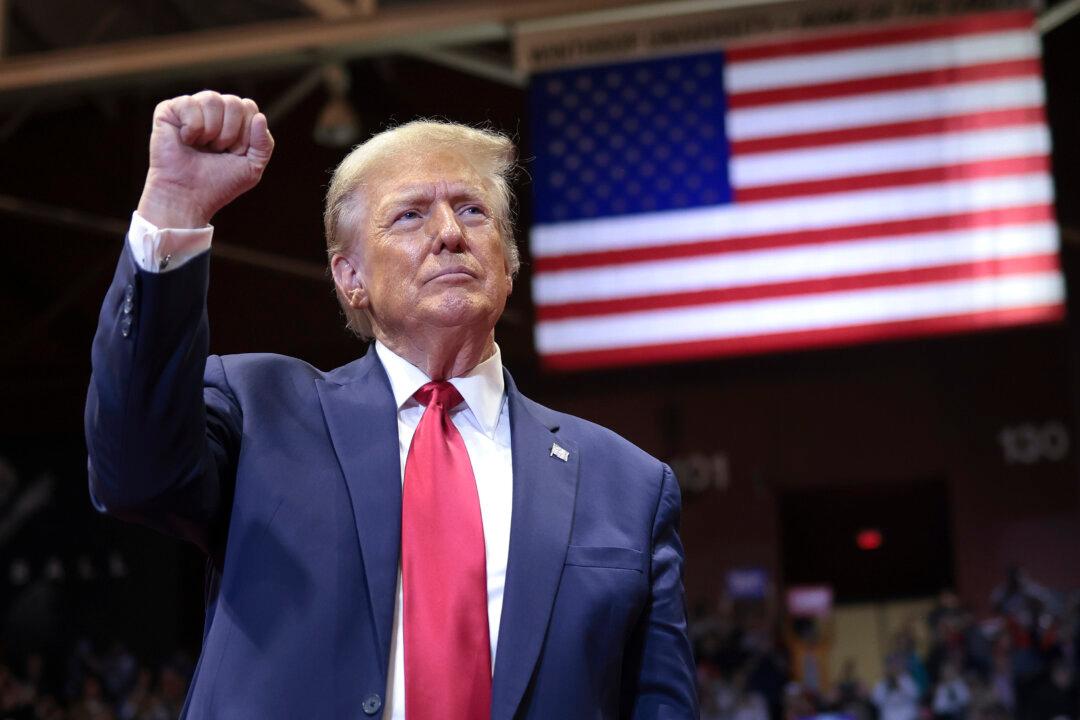Former President Donald Trump will remain on the Illinois primary ballot pending an appeal after a judge issued a new order on Thursday clarifying the duration of a stay on her earlier decision to disqualify him.
On Thursday, Cook County Circuit Court Judge Tracie Porter clarified the duration of a stay she placed on her removal order on Wednesday when she ruled President Trump “disqualified” and that any votes for him would be void if the order went into effect.





